Indigenous Governance Database
Stephen Cornell
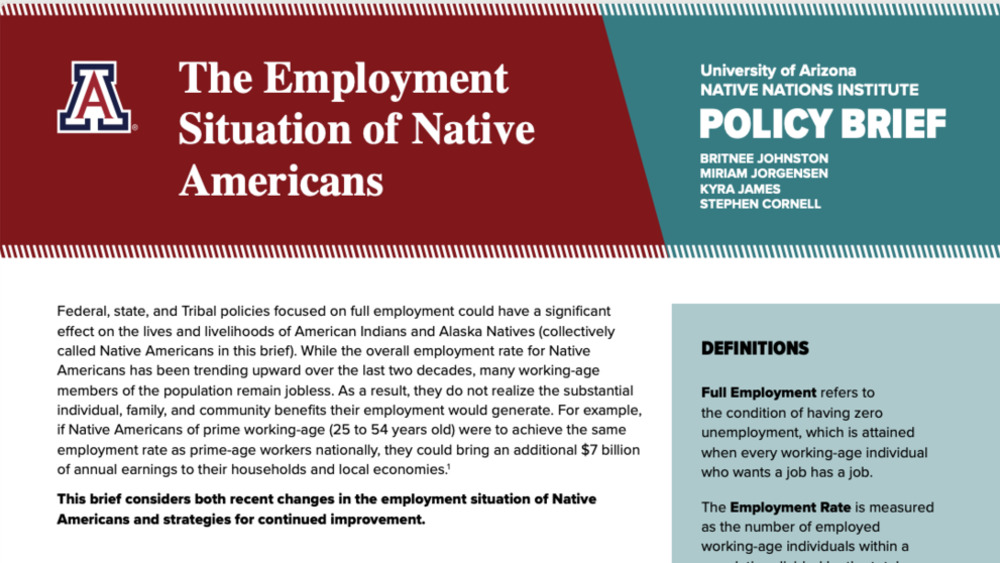
The Employment Situation of Native Americans
Federal, state, and Tribal policies focused on full employment could have a significant effect on the lives and livelihoods of American Indians and Alaska Natives (collectively called Native Americans in this brief). While the overall employment rate for Native Americans has been trending upward…
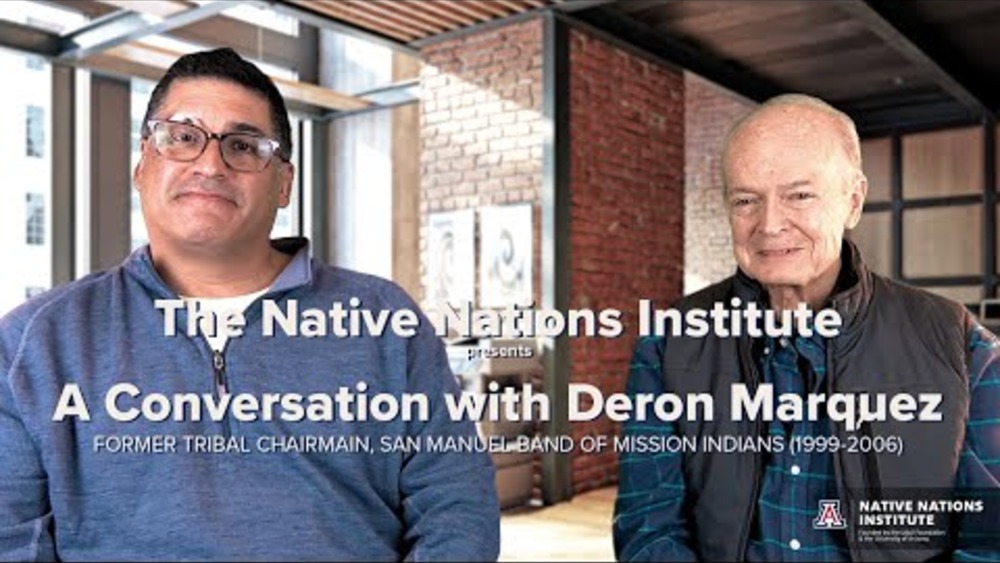
A Conversation with Deron Marquez
Native Nations Institute (NNI) Co-founder Stephen Cornell sits down with Deron Marquez, former Tribal Chairman of the San Manuel Band of Mission Indians (1999-2006), to discuss hot topics in Indian Country today. Subjects covered include per capita payments, Tribal disenrollment, education,…

Reclaiming Indigenous Health in the US: Moving beyond the Social Determinants of Health
The lack of literature on Indigenous conceptions of health and the social determinants of health (SDH) for US Indigenous communities limits available information for Indigenous nations as they set policy and allocate resources to improve the health of their citizens. In 2015, eight …
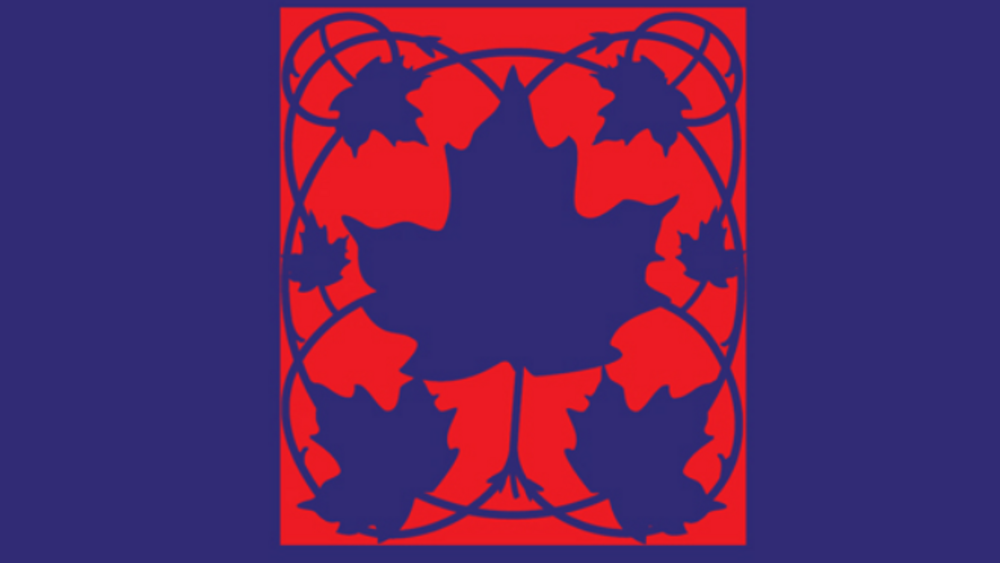
What are the Limits of Social Inclusion? Indigenous Peoples and Indigenous Governance in Canada and the United States
Contemporary debates about poverty and its mitigation often invoke the idea of social inclusion: the effort to increase the capacities and opportunities of disadvantaged populations to participate more fully in the economy, polity, and institutions of developed societies. While practical outcomes…
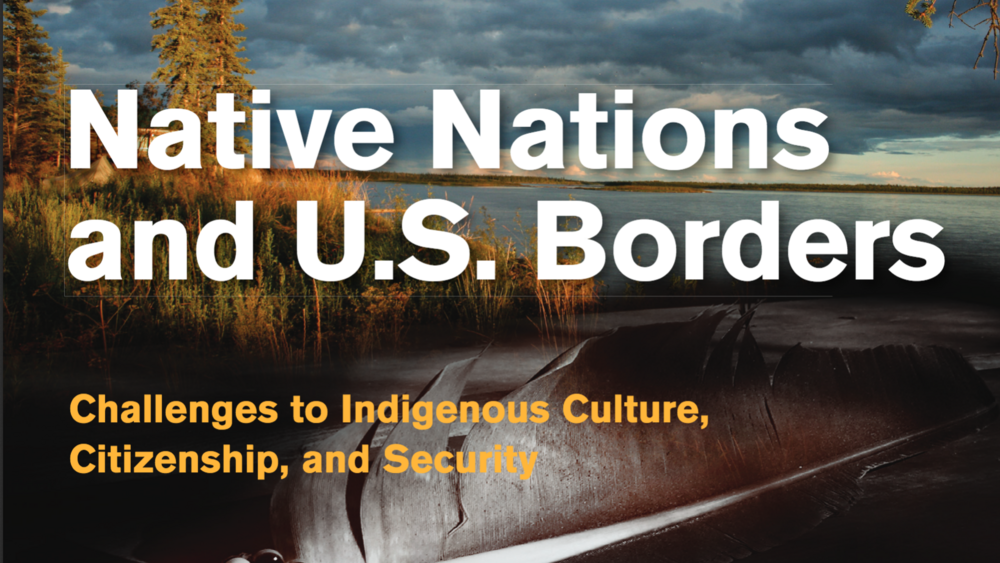
Native Nations and U.S. Borders: Challenges to Indigenous Culture, Citizenship, and Security
A comprehensive review of Native nations along or near the U.S. borders with Mexico, Canada, and Russia response to border-related challenges to citizenship, crossing rights and border security, culture, the environment and natural resources, and public health and safety. This book seeks to inform…
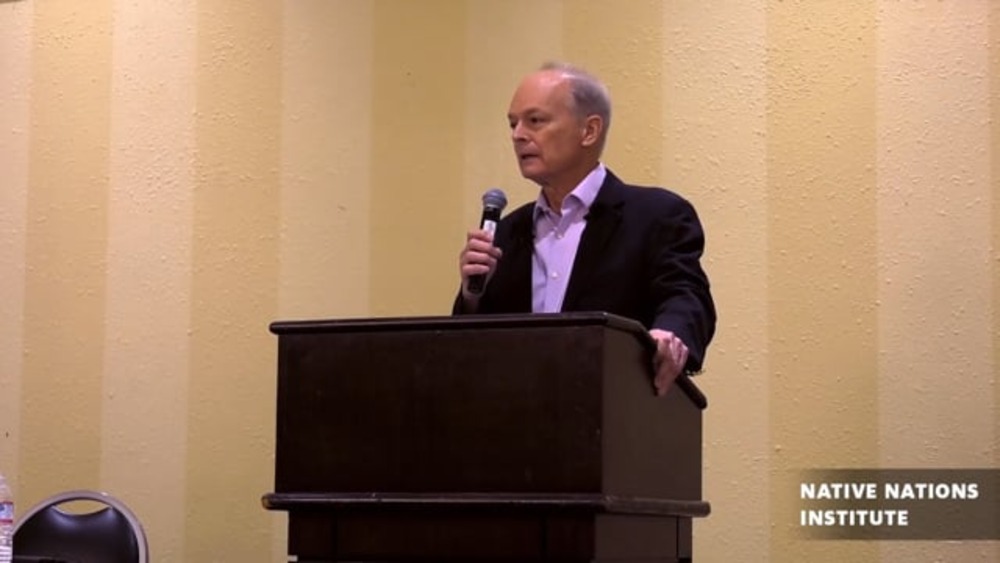
Stephen Cornell, Introduction to Native Nation Building, Alaska Tribal Government Symposium
An overview about Native nation building and the ability for Native communities in Alaska to rebuild their Native nations.
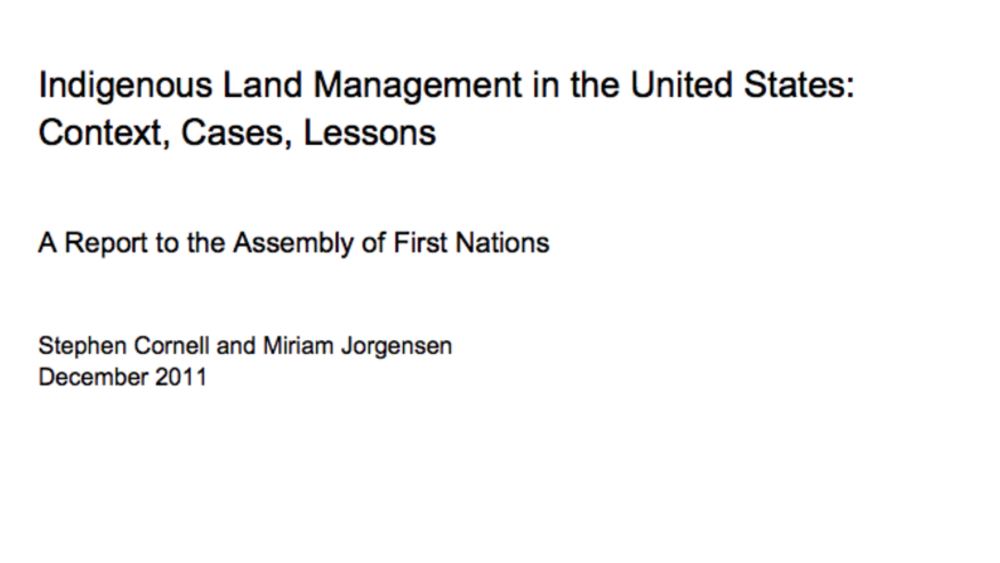
Indigenous Land Management in the United States: Context, Cases, Lessons
The Assembly of First Nations (AFN) is seeking ways to support First Nations’ economic development. Among its concerns are the status and management of First Nations’ lands. The Indian Act, bureaucratic processes, the capacities of First Nations themselves, and other factors currently limit the…
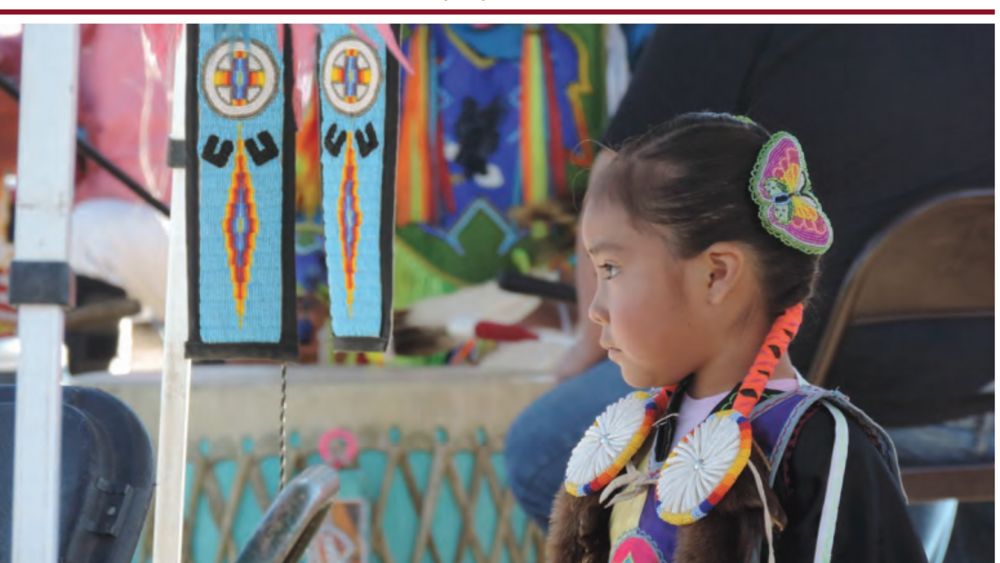
Tribal Child Welfare Codes as Sovereignty in Action. 2016 NICWA conference edition
With passage of the Indian Child Welfare Act of 1978 (ICWA), Congress formally recognized Native nations’ inherent authority to govern child welfare matters and provided support for tribal self-determination over child welfare. Because ICWA “assumes that a tribal code is the governance mechanism by…
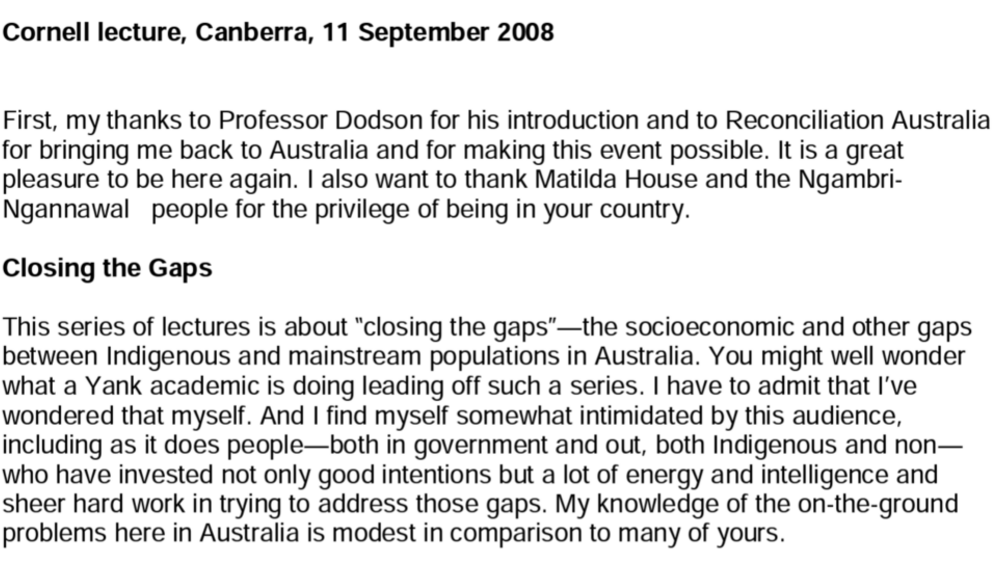
Closing the Gap: A North American Perspective
This series of lectures is about “closing the gaps”–the socioeconomic and other gaps between Indigenous and mainstream populations in Australia. You might well wonder what a Yank academic is doing leading off such a series. I have to admit that I’ve wondered that myself. And I find myself somewhat…
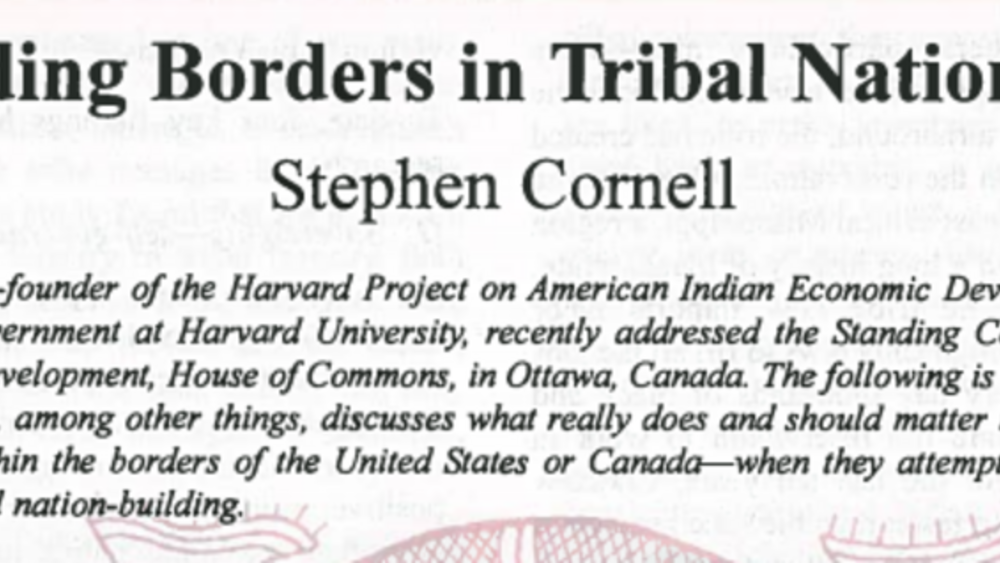
Transcending Borders in Tribal Nation-Building
Dr. Stephen Cornell addressed the Standing Committee on Aboriginal Affairs and Northern Development, House of Commons, in Ottawa, Canada. The following is the excerpted transcript from his address, which, among other things, discusses what really does and should matter to Indigenous peoples--…
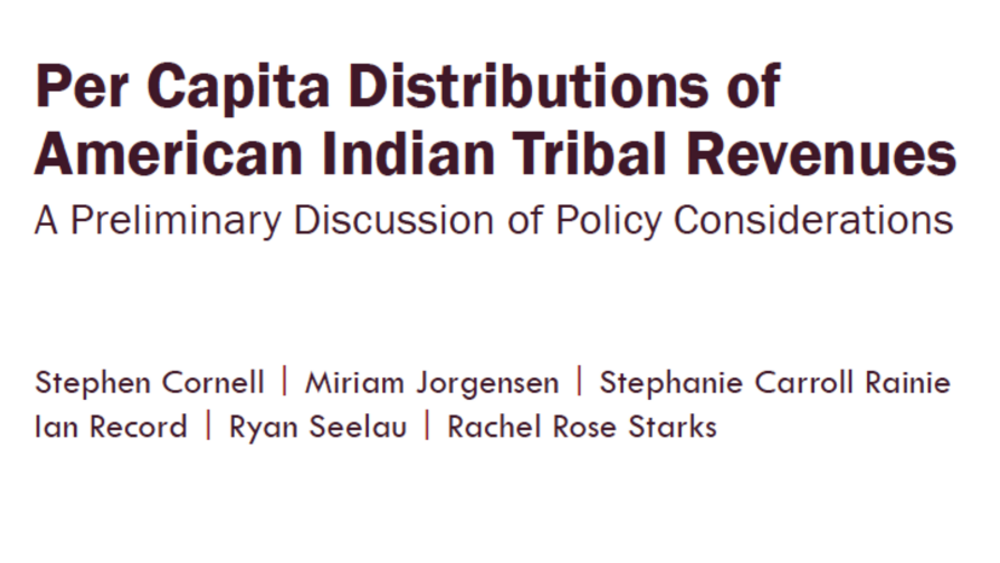
Per Capita Distributions of American Indian Tribal Revenues: A Preliminary Discussion of Policy Considerations
This paper examines policy considerations relevant to per capita distributions of tribal revenues. It offers Native nation leaders and citizens food for thought as they consider whether or not to issue per capita payments and, if they choose to do so, how to structure the distribution of funds and…

Indigenous Peoples, Poverty and Self-Determination in Australia, New Zealand, Canada and the United States
Australia, New Zealand, Canada and the United States are among the world’s wealthiest nations. It is an often noted irony–and an occasional source of embarrassment to the governments of these countries–that the Indigenous peoples within their borders are in each case among their poorest citizens.
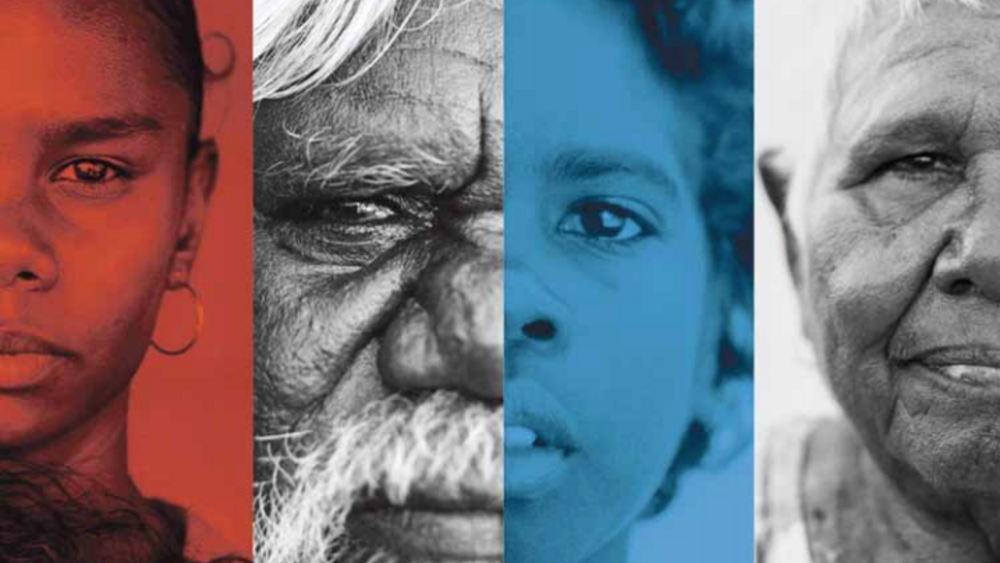
Can Australia follow Obama's lead?
This article was prompted by US President Barack Obama’s recent commitment to effectively empower American Indian nations to re-build their own decision-making capability. The President recognises that genuine self-determination is not only good public policy but is essential for…
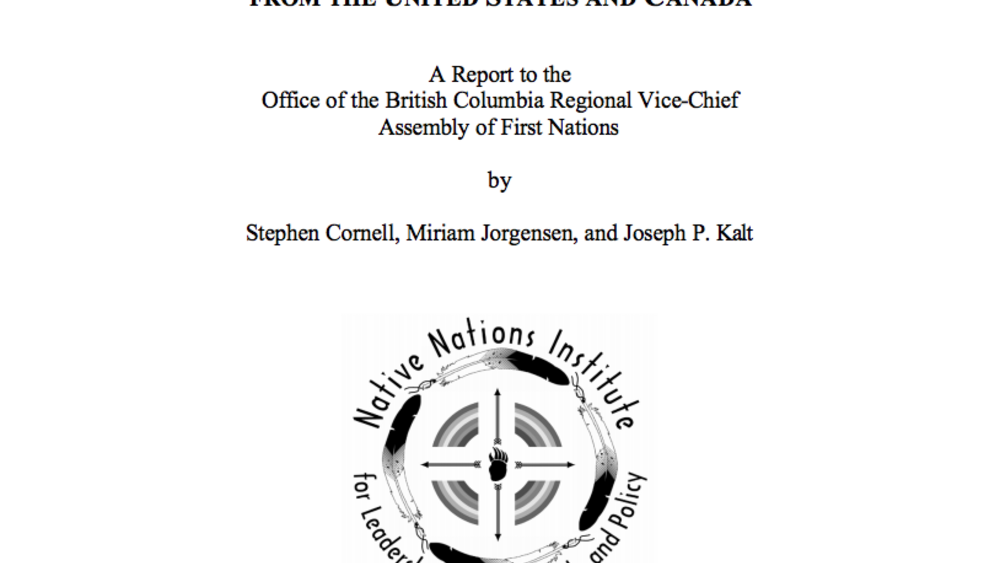
The First Nations Governance Act: Implications of Research Findings from the United States and Canada
In the spring of 2002, the Office of the British Columbia Regional Vice-Chief of the Assembly of First Nations (AFN) asked the Native Nations Institute for Leadership, Management, and Policy at The University of Arizona to provide that office with an analysis of the First Nations…

Native Nations and Arizona's Economy
American Indians are disproportionately represented among the low-income residents of the state of Arizona. Across the United States, including in Arizona, reservation economies are growing at a fast pace but low starting points for growth mean that it will take years for American…

American Indian Self-Determination: The Political Economy of a Successful Policy
Examines the changing level of congressional support for the federal American Indian policy aimed at promoting self-determination, through self-governance of federally recognized tribes.
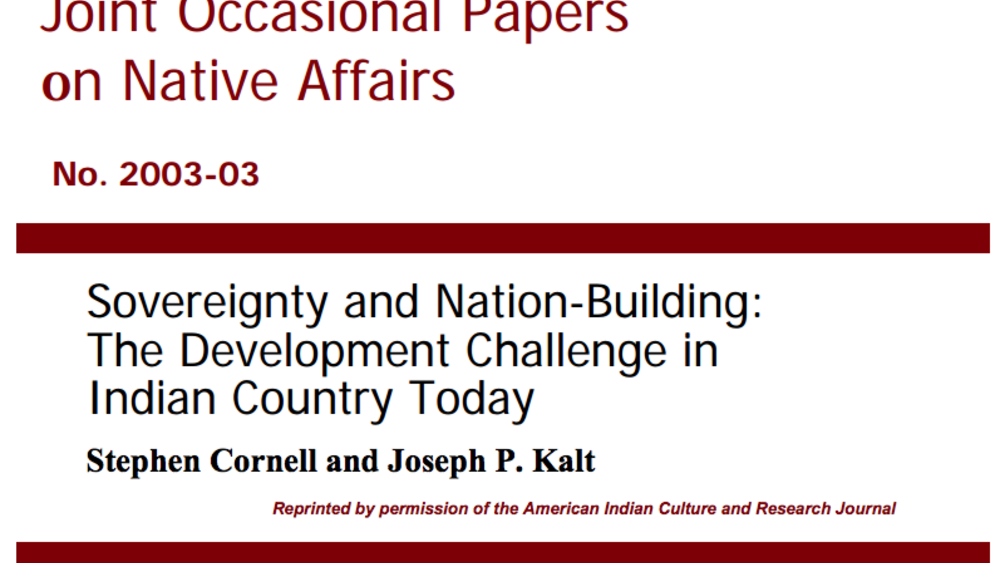
Sovereignty and Nation-Building: The Development Challenge in Indian Country Today
The Indian nations of the United States face a rare opportunity. This is not the occasional business opportunity of reservation legend, when some eager investor would arrive at tribal offices with a proposal guaranteed to produce millions of dollars for the tribe--although such investors still…
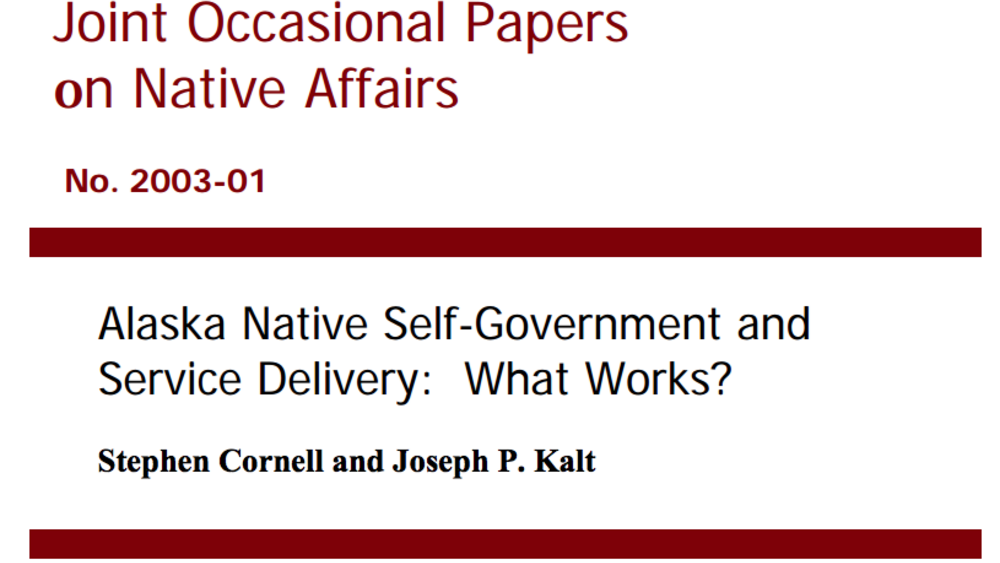
Alaska Native Self-Government and Service Delivery: What Works?
The Native peoples of Alaska have governed themselves for far longer than either the State of Alaska or the United States. Indeed, their rights of self-government are properly defended as basic human rights that are not unilaterally extinguishable by these other governments. Yet, today an…
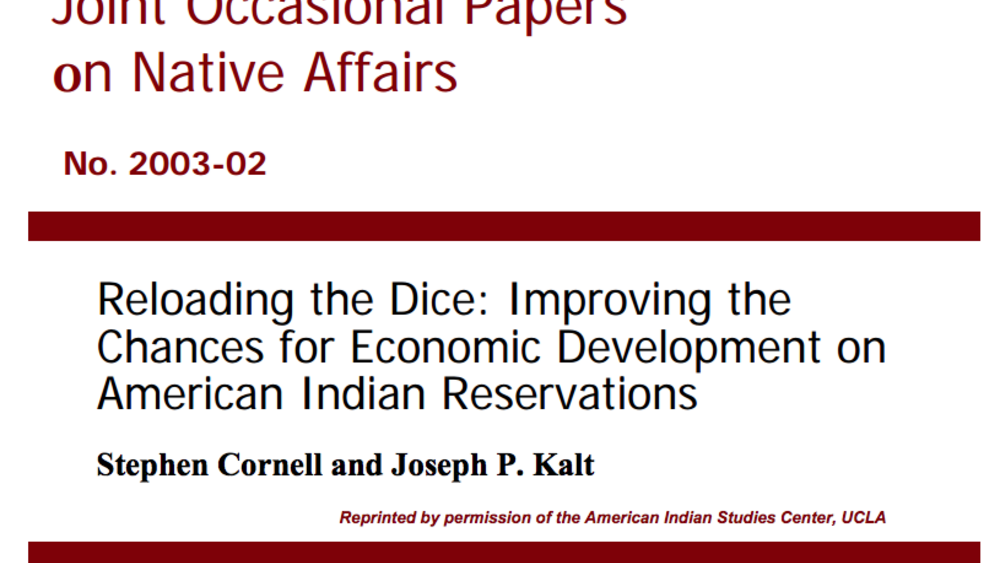
Reloading the Dice: Improving the Chances for Economic Development on American Indian Reservations
The experiences of a wide array of societies around the world amply demonstrate that achieving sustained, self-determined economic development is a complex and difficult task. Certainly this is the case on the Indian reservations of the United States, where numerous obstacles face tribal leaders,…
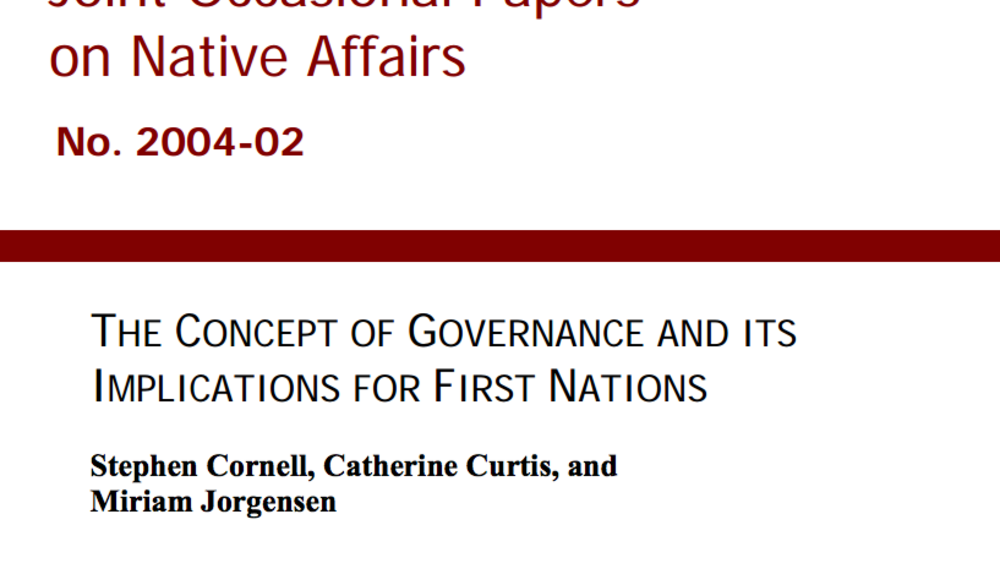
The Concept of Governance and its Implications for First Nations
What is governance? What is government? What does each do? And what distinguishes good governance - or good government - from bad? Why is the quality of governance important to the success of human societies? And what is the significance and meaning of self-governance? And What does effective self-…
